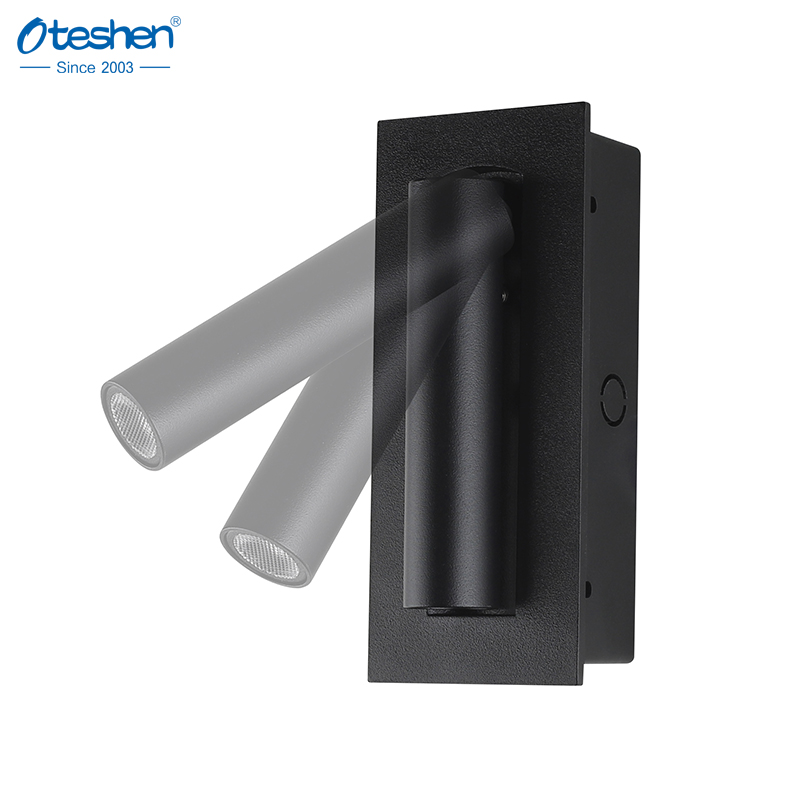Author: Site Editor Publish Time: 2025-05-06 Origin: Site








In recent years, with the improvement of environmental awareness and the promotion of energy-saving policies, LED lights have quickly replaced traditional incandescent lamps and energy-saving lamps and entered thousands of households. People generally believe that LED lights are "energy-saving and durable", but many users have also reported that the newly replaced LED lights in their homes broke down after a short time. This makes people wonder: "Are LED lights really energy-saving but easy to break?" This article will analyze this issue from multiple angles.
1. Why are LED lights considered "energy-saving" LED, the full name of which is Light Emitting Diode, is a lighting technology that emits light through semiconductors.
Compared with traditional incandescent lamps, LED lamps have obvious advantages in energy efficiency:
• Low energy consumption: LED lamps convert electrical energy into light energy more efficiently, and the energy consumption is only 1/8 of incandescent lamps and 1/2 of energy-saving lamps.
• Low heat: Almost no heat energy is generated during the light-emitting process, reducing energy waste.
• Long life: The theoretical life can reach more than 30,000 hours, which is 10 times that of incandescent lamps and more than 3 times that of energy-saving lamps.It is precisely because of these characteristics that LED lamps have become the first choice for energy-saving lighting and are widely used in home, commercial and even industrial lighting fields.

2. Is it true that LED lamps are "easy to break"?
Although LED lamps are theoretically very durable, in reality, many consumers have reported that the LED lamps they bought broke down not long after use. This phenomenon does exist, but the problem is often not with the LED wick itself, but the following aspects:
(1)The power drive is the "short board" LED lamps need to be equipped with a constant current power driver to stabilize the current and voltage, which is one of the key components that determine the life of LED lamps. Some low-priced or low-quality products use low-quality driving power supplies, which have poor thermal stability and weak anti-interference ability. They are easily damaged after a short period of use, which leads to the failure of the entire lamp.
(2)Poor heat dissipation design Although LEDs generate less heat, they are not "zero heat". If the heat dissipation structure is unreasonable when designing the lamp, the internal temperature will be too high for a long time, which will accelerate the aging of electronic components and shorten the life of the lamp.
(3)Unstable voltage affects lifespan In some areas with poor power grid quality, frequent voltage fluctuations or surges can easily damage LED power modules, especially in lamps without overvoltage protection.4. Counterfeit and shoddy products flood the market The quality of LED lamps on the market varies. In order to reduce costs, some small manufacturers or OEM products use inferior chips, circuit boards and capacitors, which often cannot meet the expected lifespan standards. If consumers are greedy for cheapness, they often buy these products that are easy to break.
3.How to choose more durable LED lamps?
In order to avoid the problem of "saving electricity but not durable", consumers should pay attention to the following points when purchasing LED lamps:
• Choose well-known brands, such as Philips, Osram, NVC Lighting, etc., for better quality assurance.
• Check the packaging information and pay attention to the product's rated life, lumen number, color temperature and other parameters.
• Pay attention to the heat dissipation structure. Metal lamp shells usually have better heat dissipation performance than plastic lamp shells.
• Confirm whether there is a warranty. Regular brands usually provide 1 to 3 years of warranty service.

4.Conclusion
In summary, LED lights are efficient, energy-saving and have a long theoretical lifespan. “Easy to break” is mostly caused by external factors such as inferior products, poor heat dissipation or unstable power supply, rather than problems with the technology itself. Therefore, LED lights are not “energy-saving but easy to break”, but “choose the right product to be durable”. Consumers should pay more attention when purchasing to truly enjoy the high efficiency and long life brought by LED lighting.
content is empty!